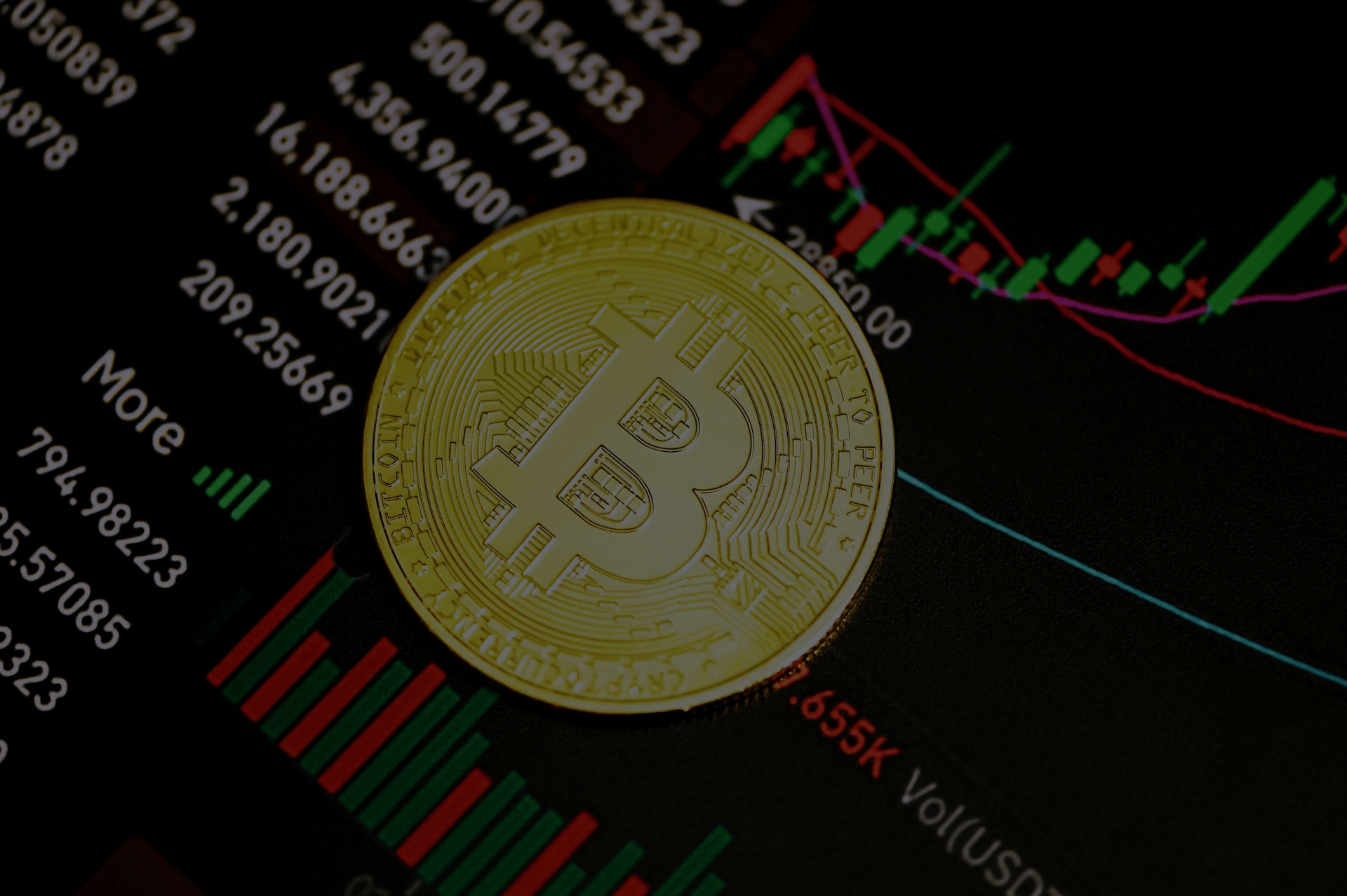Bitcoin ETFs Could Reshape Crypto Exchanges

As anticipation builds for the approval of Bitcoin exchange-traded funds (ETFs) in the United States, industry experts are predicting significant changes for cryptocurrency exchanges. Among them is Bloomberg analyst Eric Balchunas, who believes that Bitcoin ETFs could disrupt the traditional crypto trading landscape.
While the U.S. Securities and Exchange Commission (SEC) is yet to give its stamp of approval, Balchunas is already highlighting the potential advantages of investing in Bitcoin ETFs over trading Bitcoin directly on crypto exchanges.
His viewpoints were recently shared in an episode of the "Unchained Crypto" podcast, where he argued that traditional cryptocurrency purchases could soon be overshadowed by Bitcoin ETFs traded on stock markets. This shift is particularly threatening for exchanges that fail to adapt their fee structures to stay competitive.
"This is why we say to the crypto exchanges this is going to be a threat to their business. Coinbase and other exchanges charge a lot per trade," Balchunas stated.
He elaborated on the cost-effectiveness of ETFs, drawing parallels to Gold ETFs, which have a fee structure of around "35 to 40 basis points," translating to roughly 0.35% to 0.40%. In comparison, crypto exchanges can charge transaction fees as high as 1.5% after an initial period of promotional or zero fees.
How Bitcoin ETFs Could Level the Playing Field
According to Balchunas, ETFs have a "long history" of disrupting markets with high fees. He predicts that within 3-4 years, liquid and inexpensive Bitcoin ETFs will become a powerful alternative for investors.
"It is going to be a very high-value proposition," Balchunas declared, emphasizing the convenience and tax efficiency that comes with having an investment firm handle all the administrative tasks, including the storage of digital assets.
Despite these predictions, not everyone is convinced that Bitcoin ETFs will negatively impact cryptocurrency exchanges. Some online discussions, particularly among users on the platform formerly known as Twitter, suggest that decentralized exchanges will always have a place in the crypto ecosystem.
"I disagree, there will always be a place for decentralized exchanges. Sure the bottom line could be impacted, but this just caters for a different audience, with a different level of risk," one user argued.
Nonetheless, Balchunas remains optimistic that the SEC will approve Bitcoin ETFs, especially in the wake of a court ruling that criticized the SEC's previous rejection of Grayscale's Bitcoin ETF application. "We are upping our odds to 75% of spot Bitcoin ETFs launching this year," he said.
What's Next for Bitcoin ETFs and Crypto Exchanges?
With the SEC recently delaying its verdict on seven Bitcoin ETF applications, the crypto community awaits a pivotal decision expected to be announced in mid-October. The outcome could either affirm Balchunas' predictions or give crypto exchanges some breathing room.
The decision will undoubtedly have far-reaching implications for the crypto industry, potentially setting a precedent for future regulatory actions. Whether Bitcoin ETFs will become the new norm or co-exist with traditional crypto exchanges remains to be seen, but one thing is clear: the landscape is set for significant changes.
As both traditional and decentralized exchanges assess their strategies, investors too must weigh their options carefully. The introduction of Bitcoin ETFs could offer a simpler, more cost-effective way to invest in the world's largest cryptocurrency, but it could also come with its own set of risks and limitations.
In a rapidly evolving financial environment, adaptability will be key. Exchanges, investors, and regulators alike must be prepared for a future that could look very different from today's crypto landscape.


